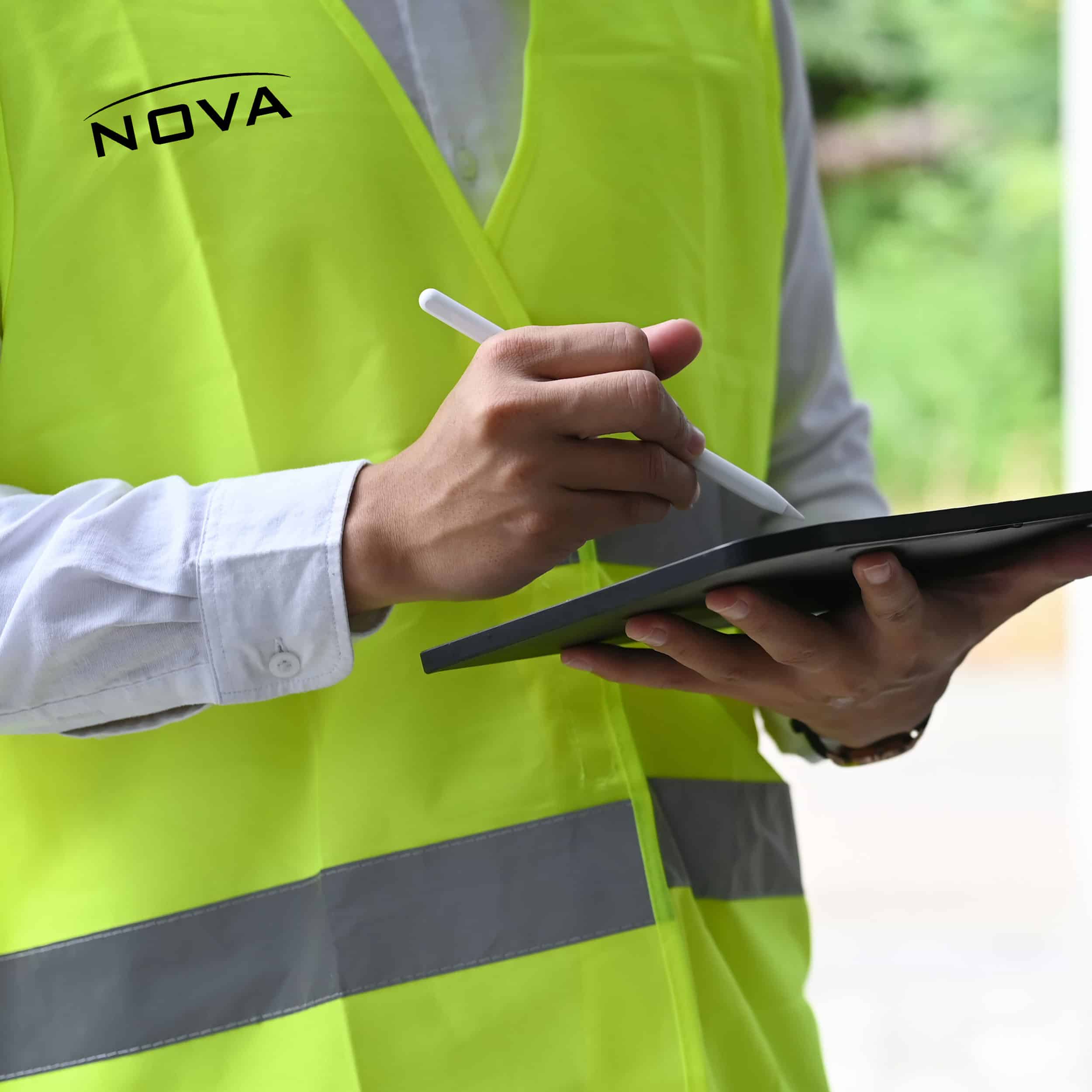When entities transfer real estate, they have to concern themselves with more than the financial issues surrounding the transaction. It is also important to take steps to mitigate any lingering environmental issues that might still exist on the property. Failure to do so could result in liability for both parties, as well as unforeseen expenses and potential delays in operations.
The New York Times reports that the Hess Corporation plans to sell its retail arm, which will include all of its gas stations, to Marathon Petroleum for a price of $2.6 billion. Hess claims that this sale will allow it to streamline its core business while focusing on creating shareholder value. Specifically, the company will invest much more heavily in oil exploration and drilling operations.
"The sale of our retail business marks the culmination of our strategic transformation into a pure-play exploration and production company," John B. Hess, the company's chief executive, said in a statement.
Marathon Petroleum will acquire 1,256 stores in 16 states out of the deal, which last year earned $27 billion in pro forma revenue, including sales of 6.2 billion gallons of fuel and $4.8 billion in merchandise. The news source reported that the proceeds of the sale will be used to increase Hess's stock buyback program from $4 billion to $6.5 billion.
"This acquisition will be transformative for MPC and Speedway as it will significantly expand our retail presence from nine to 23 states through these premier Hess locations throughout the East Coast and Southeast," Gary R. Heminger, Marathon Petroleum's chief executive, said in a statement.
Given the fact that these Hess stores sell petroleum products, it is important for the stakeholders involved to seek out an environmental consultant to assess the sites before the transition is complete. These services come in phases.
Phase I environmental site assessments are often the first step in the process, and can be triggered by the purchase of new property. During this phase, environmental consultants will visit the site in question to evaluate both present conditions and any relevant factors from the site's history. They will also examine neighboring properties and conduct background checks into local government documents.
In the event that a site is found to be contaminated, a Phase II environmental site assessment may be the next step. This involves a more detailed investigation that has environmental consultants collecting samples of soil, groundwater or building materials and analyzing them for specific contaminants. If the levels detected are high enough, full risk mitigation and corrective action may be called for.
The right environmental consultant can ensure that the cost of this process remains as low as possible while still protecting companies from future liability issues. Any businesses that deals with potentially hazardous chemicals should give it serious thought before selling its property.


